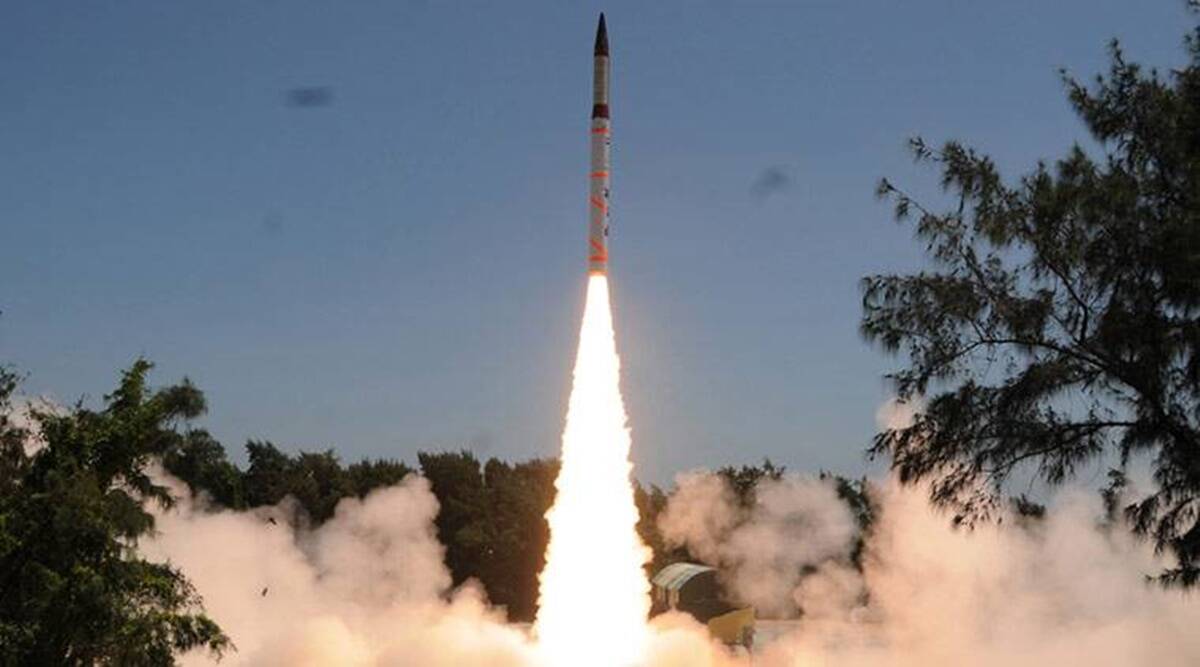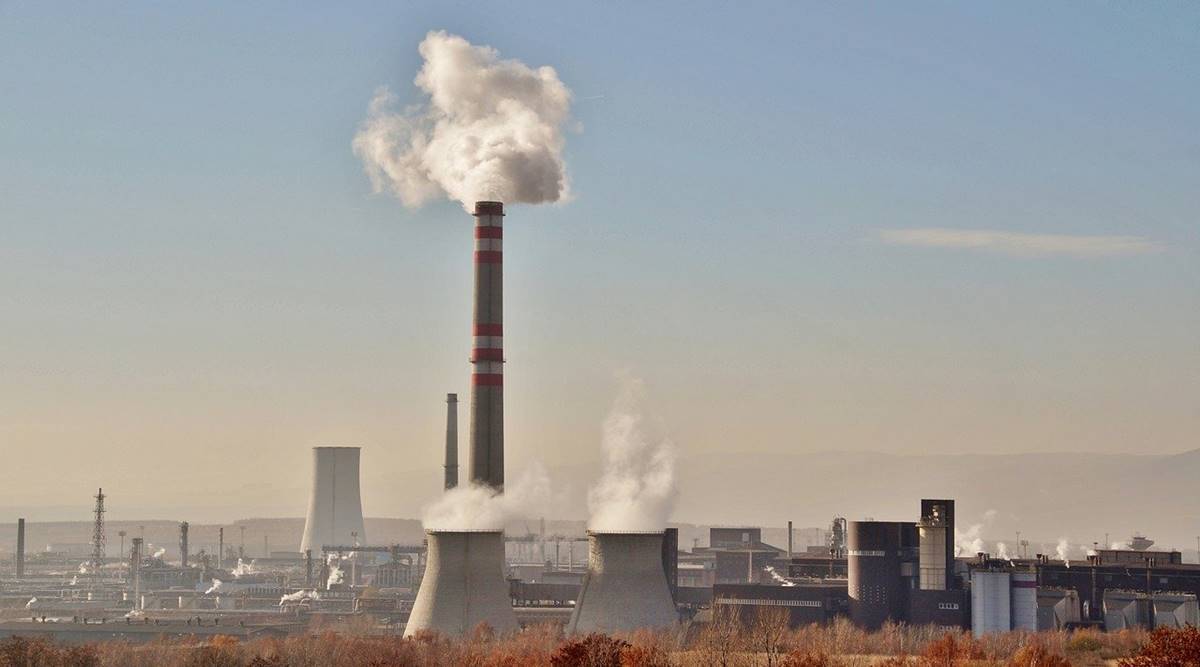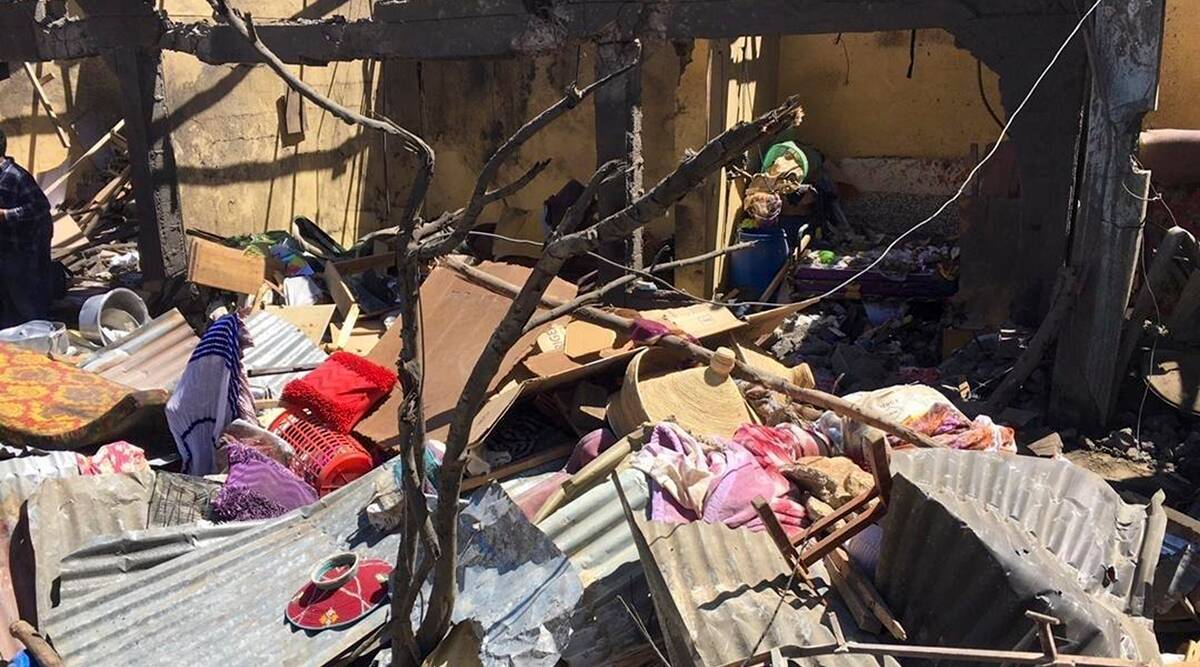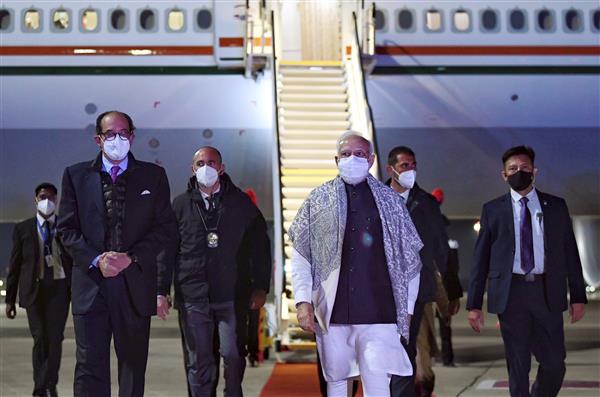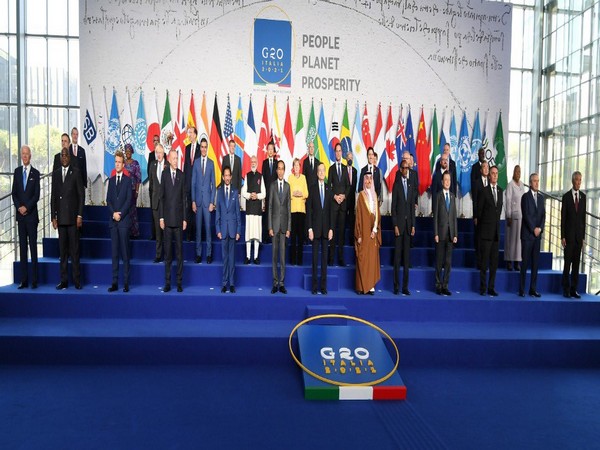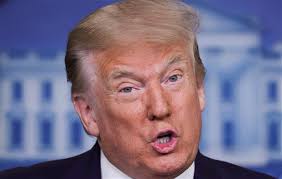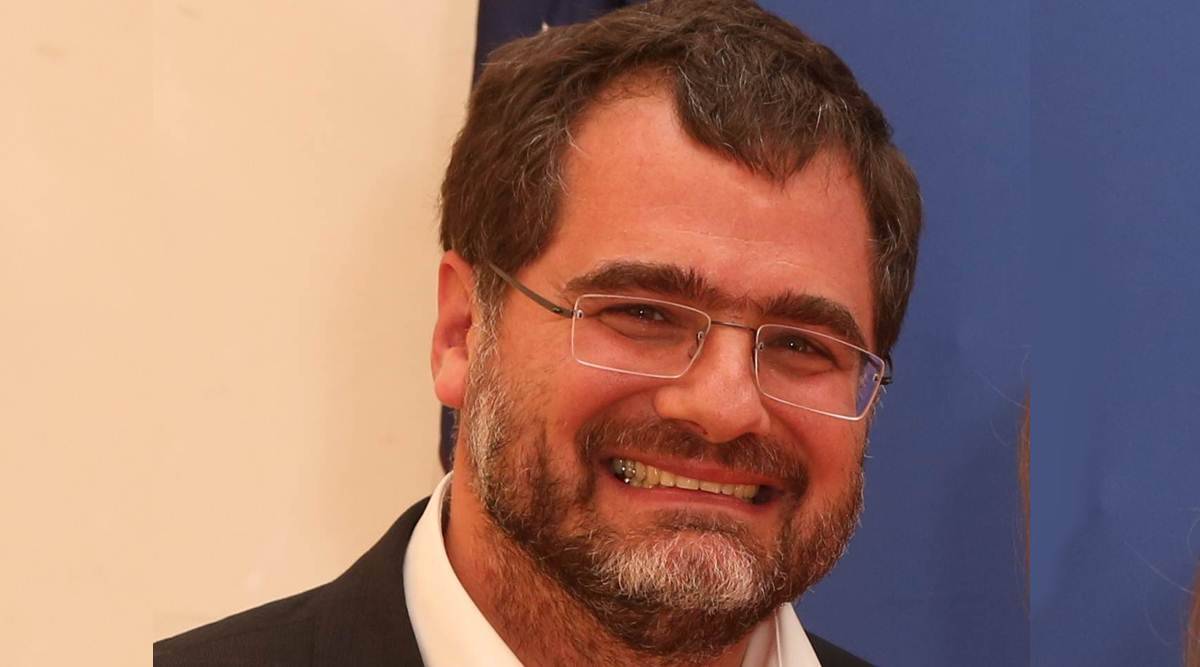
04/18/2022
Berlin, Apr. 18: Earlier this month in Hamburg, Halyna Yanchenko, a 33-year-old member of Ukraine’s Parliament, spoke via video link from Kyiv at a panel discussion about Europe after Putin’s war on Ukraine. Among others on the panel, which included international experts, was a high profile German politician.
Wolfgang Schmidt, who is the head of the Chancellery and Minister for Special Affairs, is one of German Chancellor Olaf Scholz’s closest aides. Near the end of the 90-minute panel discussion, an exasperated Yachenko glowered at Schmidt, expressing Ukraine’s disappointment with Germany.
In 2008 Ukraine could have been member of NATO. But France and Germany blocked it,” she said, adding that the ongoing war in her country is “Germany’s responsibility”.
“We are face to face with the second most powerful army in the world,” Yachenko said. “What kind of a reaction do we hear? Being quite reluctant.”
She reminded the panel about the pictures that had emerged from Bucha, a Kyiv suburb where Russian forces had left behind a trail of death and destruction. “We can’t even imagine the kind of pictures we will see from Kharkiv and Mariupol when we liberate them,” she said.
“It will be absolutely your responsibility, the responsibility of Germany once again,” she reiterated. “Germany was always a leading country in Europe. Without Germany, there would not be an EU or a strong Europe. It was a leading country,” she said,
Directly addressing Schmidt, Yachenko said, “It is actually the time to show you are the strongest in Europe. Show us that you are strong, you are courageous and you can lead.”
Schmidt told Yachenko that he understood her “frustration”.
“We listen to Halyna, and we see what is happening in Ukraine… The question is how we can help. We are all thinking,” he said.
He explained that Germany’s dependence on Russian gas could not be wished away, and that many other countries, including Ukraine in the past, have found it tough.
“We are discussing all the questions on weapons and other support that we need to give. It is not because we don’t want (to do more), and it is not out of fear. But out of the responsibility that we have,” he said.
Former German chancellor Angela Merkel “kept Europe together after Crimea (which was annexed by Russia in 2014). We are doing the same here”, he told Yachenko.
“I am really a bit sad that all the time Germany is singled out, when the reality is more complex,” he said.
“We are doing what we can do. And will continue to do so. Be assured,” Schmidt promised.
The exchange between the Ukrainian and German politicians was a glimpse into the discussions taking place within Europe about the need for Germany to step up. Since Russia’s invasion of Ukraine in February, there has been a growing demand on the international stage for Germany to accept more responsibility and take a leadership role for a strong European Union and a unified Europe.
Germany’s reluctance to accept that role likely has roots in the country’s past.
Cathryn Cluver Ashbrook, a German-American political scientist, who was the head of the German Council of Foreign Relations till earlier this year, and is now a non-resident fellow with the Global Public Policy Institute in Berlin, told The Indian Express that this reluctance has its roots in World War II.
“This reluctance goes back to German history,” she said. The idea of “German tanks rolling through European streets, because of WWII, those were enormous taboos in the foreign policy context.”
She said that while Germany has always been willing to fund international missions, it has not taken a military leadership role within Europe.
Germany changed its constitution in the early 1990s to move away from having an Army that was set up as a territorial defence force to allow it to take part in missions and exercises abroad as well. That allowed for Germany’s involvement in the Balkan War.
However, even during the Balkan War, Ashbrook said, Germany’s role was restricted to evacuation missions, surveillance and transportation.
Even in Afghanistan, Germany restricted itself largely to peacekeeping and civilian rebuilding.
“All of that has to do with Germany’s history. That’s why a decision to increase military spending very quickly, to make additional funds available for military — that is a drastic change. That is why we are calling it a paradigm shift,” she said.
“At the same time, you wonder what happened between the horrors of Srebrenica (where a massacre took place in 1995), and the horrors of Bucha, to think about where was the dialogue that was preparing the public that was preparing Germany for greater responsibility in the world,” Ashbrook said.
She said that in 2014, after Russia’s annexation of Crimea, there were a series of speeches given by Germany’s leaders during the Munich Security Conference saying that “Germany needs to accept more responsibility”. This was called the Munich Consensus.
“But nothing happened,” she said, adding, “which is why international observers are now very honest and very critical.” The proof, she said, will be in how “Germany steps up”.
The increased military spending announced by Germany “is supposed to be delivered over five years. It all depends on what are these additional spends.” She wondered if there will be pushback within the country.
But, she said, among the younger generation in Germany, “there seems to be a large call for solidarity”, and they would “like to see this Chancellor embrace oil and gas embargoes sooner, because the numbers are horrific in terms of what is being offered collectively in aid (to Ukraine), vis a vis, what we are sending to Moscow in terms energy spending.”
The younger generation would like to see that industry in Germany, Ashbrook said, would be able to bear out the burden for a “truly principled German foreign policy”.
But what the government is trying to do “is trying to take a responsible public policy stance here”.
“The German government has underlined its high degree of morality and fealty to moral sense in foreign policy, which is preventing war and preventing Auschwitz, the two basic principles.” Anything that has genocidal implications, she said. “If it is revealed that, in fact, chemical weapons have been used” by Russia, or if fact finding missions decide “on an international scale that this is genocide”, then the question becomes how long can Germany withstand the international pressure to not embrace an oil and gas embargo, Ashbrook said.
She said Germany has been insistent on following a “responsible public policy” which included keeping the German economy “resilient”.
“The Ukrainians’ viewpoint is that Germany has a critical leadership role to play in Europe. And if Germany doesn’t step up, other countries might hide behind it, in terms of oil and gas embargoes. We are seeing that already,” she said.
While Germany has announced that it will reduce its oil and gas dependence from Russia, and has announced, for the first time since WWII, that it will increase its defence spending to more than two per cent of the GDP, “It is really going to be about the degree to which Germany can implement this. Whether it can be seen as a leader in the European Union now depends on whether Germany is going to follow up on the commitments that it has made,” Ashbrook said.-Agencies
